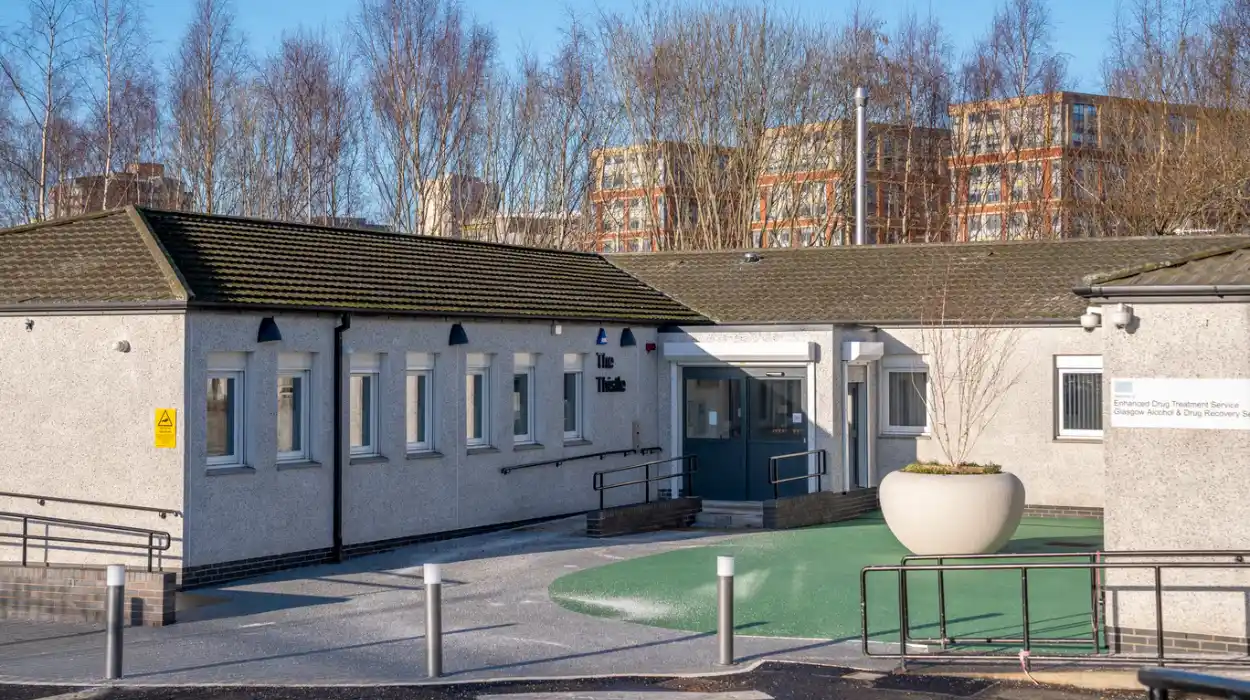UK (Parliament Politics Magazine) – The UK government rejected legal drug use rooms despite Glasgow’s pilot success, facing backlash for endangering thousands of drug users’ lives.
As reported by The Independent, officials confirmed there are no plans to amend drug laws for safe consumption sites, regardless of the Glasgow pilot’s success.
What led to the opening of Scotland’s safe drug use centre?
The Thistle Centre, launched earlier this year, ended a 10-year clash between the UK and Scottish governments. The Scottish government demanded an exemption from the Misuse of Drugs Act to shield users of the facility from prosecution.
Scotland’s chief legal officer ruled that prosecuting users of the safe injection service was not in the public interest, allowing the centre to open.
What did Dame Diana say about drug law changes?
Home Office minister Dame Diana Johnson confirmed the government will not amend laws to allow facilities like the Thistle Centre.
When questioned about whether the government would rethink its stance if the Thistle Centre helped reduce death rates, the minister said, “We look at the evidence, we have experts, we have the ACMD (advisory council on the misuse of drugs) who offer advice, we look at the evidence all the time.”
She added, “But I just really want to be clear with you, we do not support drug consumption facilities, it’s not our policy and we will not be amending the Misuse of Drugs Act.”
What did Angus MacDonald say about the Thistle Centre’s success?
Liberal Democrat MP Angus MacDonald said he was stunned by the minister’s statement.
He said, “If the Thistle turns out to be a great success within a year, I would be so excited about rolling that out everywhere.”
Mr MacDonald called it “the most wonderful way” to save lives and help others find rehabilitation.
When the minister restated the Government’s position, he said, “You’re basically condemning thousands of people to death, in my opinion.”
However, Dame Diana responded, “I don’t accept that, with the greatest of respect,” rejecting his view.
She added, “This is not the only thing that we can do to deal with drug misuse and I think the UK Government is very clear that there are several measures that can be used.”
What did SNP’s Stephen Flynn ask about evidence and how did Dame Diana Johnson respond?
SNP Westminster leader Stephen Flynn pressed the minister on what evidence led to her change of stance.
She replied, “Mr Flynn, you’re a very experienced member of this House and you know that when a Member of Parliament becomes a minister, their personal views are irrelevant because they are there to represent the views of the Government.”
Ms Johnson added, “The recommendation that was made in that Home Affairs Select Committee report in the previous parliament was based on a group of politicians, cross-party, including your party, that sat down and reached those recommendations together. That is very different to a Government policy that I am setting out today.”
Drug-related deaths in UK
- In 2023, 5,448 deaths related to drug poisoning were registered in England and Wales, the highest number since records began in 1993
- Scotland recorded 1,172 drug misuse deaths in 2023, an 11.5% increase from 2022
- Males accounted for 67% of drug-poisoning deaths (3,645 deaths vs. 1,803 for females)
Drugs Act UK
- Enhanced police powers: Allows police to request x-rays or ultrasound scans from suspects believed to have swallowed drugs (e.g., cocaine/heroin) and extends detention for “drug mules” from 96 to 192 hours
- Stricter penalties for dealers: Imposes harsher sentences for drug dealers who target schools or use children as couriers
- Intimate search rules: Formalizes procedures for drug offence searches, requiring written consent and recording grounds for suspicion

